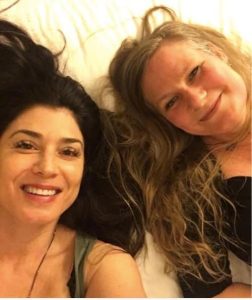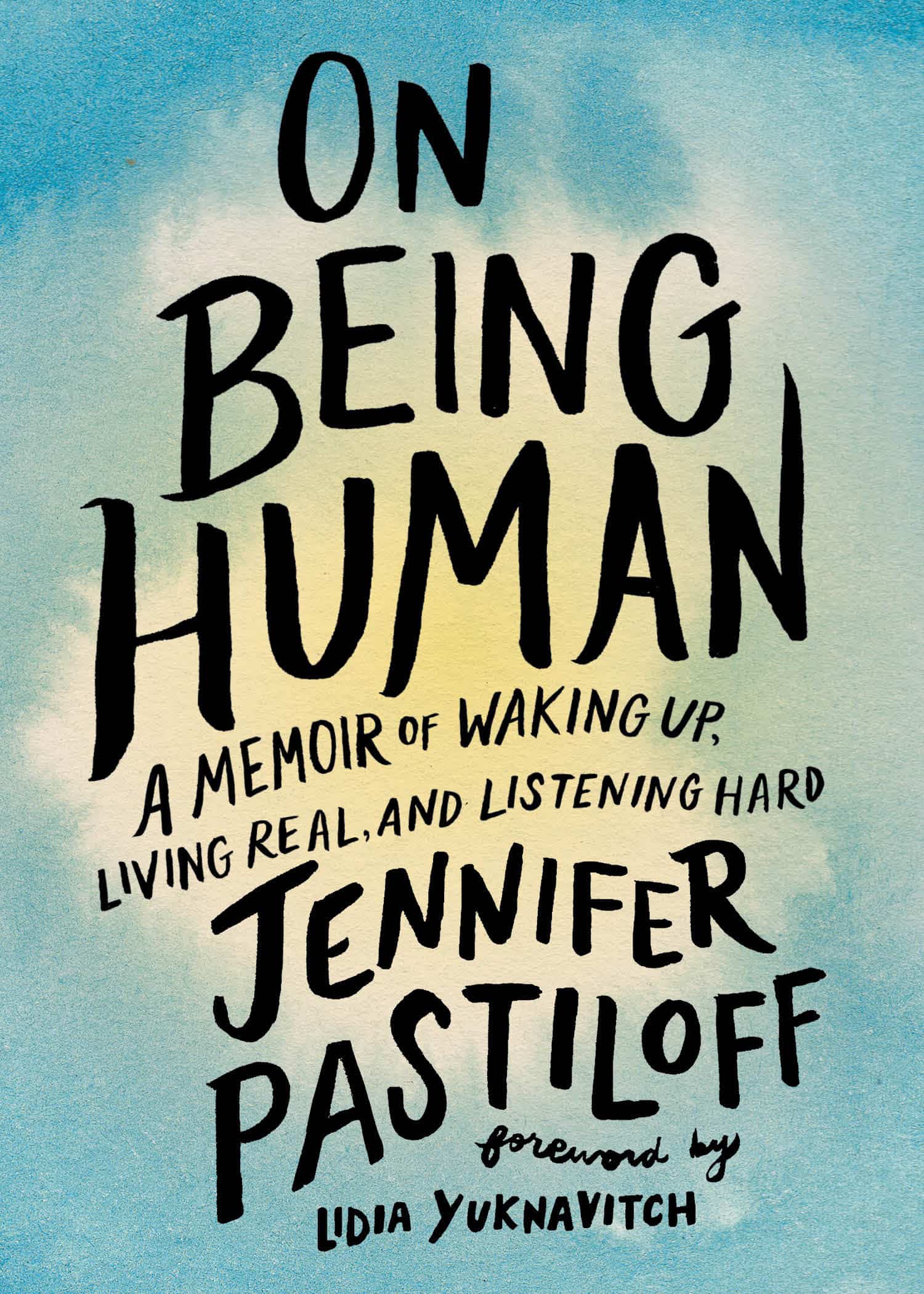By Varsha Tiwary
Permission: the act of allowing, to enable or grant something; the right or ability to do something that is given by someone who has the power to decide if it will be allowed or permitted.
In India, the first thing children learn at school is how to ask for permission.
“May I come in Maa’m?”
“May I go to toilet. Maa’m.”
By age seven, children also understand that going to toilet is a code phrase for all kinds of things for which permission is verboten. So if you want to go out to play, loiter or eat you say you want to go to the toilet. When older, if you want to go out on a date, you seek permission to attend a birthday party of a same sex friend.
Well versed in the lexicon of seeking permission, my fifteen year old daughter is endlessly fascinated by the relative absence of the concept of permission in American High School life. Initially it befuddled her.
When she asked her classmates, who to ask, to change a class, she was greeted by amused smiles.
‘You don’t have to ask, just go and tell the counselor what you want, she will sit with you and work something out.”
She also learnt within the first ten days, that though rules are to be followed, permissions must be self given. You want to step out of the class, pick up a pass and go. The teachers do not complain to parents if a student is not following the rules. They sit with her and discuss the problem and it’s implications, which she is considered adult enough to handle. There are no permissions required for what and how to wear, how to sit, how to comport, for the way they keep their hair, or the footwear they prefer.
When her friend got an ‘E’ in four subjects, the teacher told her she needed to put in extra work on them and maybe she should meet her after class to chalk out a plan? There is hardly any shaming, naming, ordering; the staples of Indian School life. Yet the responsibility is placed irrevocably and unmistakably in the student’s court.
In India, this whole business of asking for permission seeps into our DNA so much, that even when we are adults, having no dotted line to sign or a chalk marked boundary, not to cross, we are overcome with doubt. We tend to look around, who to ask? What if this is not allowed?
On the River Road crossing, a man stands every evening with a placard, “Trump is an Idiot.” I often give him a thumbs up and he goes wild, waving and blowing kisses. High school students sporting backpacks adorned with “Not my President” badge wait for a bus and wave back at him.
My mind shifts to Delhi. Angry saffron Gods and cow protection bumper stickers. Ruling party flags fluttering from car hoods of vehicles. Dissent stickers exist only in dreams. Adulating T.V channels. If levels of ordinary, everyday dissent is a barometer of rigidity and authoritarianism of leadership, than Trump lags behind woefully, no matter how hard he is trying. Not for lack of effort on his part, but because he is hamstrung by a culture which is fundamentally allergic to seeking permission. It wouldn’t occur to ordinary Americans to ask for permission to differ, for permission to speak up.
In a feudal culture, even one which wears democratic ribbons, like India, everyone is wired to face read the King before they open their lips. People are so well –versed in the language and subtext of authoritarianism that they weave compliance in their behavior, much before it is sought. The most important ability of the King is the power to withdraw all kinds of permissions. Permissions are not self given, but achieved by proving loyalty. At an individual level, to refrain from dissent is self preservation.
Silence saves skin. Voluble support of rampaging Authority is even better. It insidiously lets you abrogate to your craven self, all kinds of permissions. Instead of counter- opinion, we see loud visible expressions of support for the King, to maximize approval points. The tooters of the horn can mainline on all practical permissions of day to day life by having the system favour them. They can also open the pandora’s box of darker permissions; of speaking their ugliest most unconscionable thoughts aloud, and revel in the fear on the faces of the powerless. The smug comfort that derives from bowing before a flexing muscular authority. The way selective rights are a balm on picayune self esteem of those who need a reason for their failures. A permanent denial of conscience becomes the ultimate permission of the morally corrupt.
***
The biggest, sweetest thrills of my college years came when I flouted tyrannical authority. At that time, in my town, Chandigarh, the dictat of Punjab militants ran. All women were required to dress decorously, as defined by militants. Those who had to keep rule of law, either looked the other way or were too busy with more important things than to prevent men from shaming women who did not stick to the dress code. Overnight the vibrant campus was over-run by flocks of decorously dupattaed women, heads covered, going around demurely on the campus. Several incidents of erring women being slapped and abused were reported and it put us on an edge. Many women and many professors sided with the militants, saying this was one good thing being done by them.
Me and my friend Ruchi, lived for the adrenalin rush of evenings, when we both rode our bicycles, throwing all the “not alloweds” to winds. The keepers of culture having called it a day, we raced out wearing forbidden jeans and tee-shirt, hair open, heads gloriously uncovered. Only when we had cycled up to the lake and jogged on the Chandigarh lake front in our indecorous regalia, did we feel fit enough to return and breathe again the cloying air of the women’s hostel. Many years later as a professional and a homemaker who took up Krav Maga classes in Delhi, I was still the one to roll my eyes and snigger at a woman who innocently declared on the first day that she was in the class as her husband had allowed her to join it to regain her figure after child birth. Permission seeker, my antennae buzzed, unkindly. Yet, for all the cool defiance, the pretenses of autonomy, I too have always internally sought permissions for doing things that were most important to me.
Like writing. For interminable years, I belittled what I wrote as mere scribbling in journals, a frivolous thing. For the world thought so. It was a hobby, an entertainment. Certainly not as meaningful and valid, as writing an audit report, a project report or a manual of Office procedure. May be, because it was not my day job and there was no one to rate and mark and assess me for that. Even though writing animated me and was meaningful to me, I forever looked for an outside authority, to be able to step outside my closet of secret writer. Everything else, housework, children’s homework, husband’s lunch was more important than what I wanted to do, but for which I could not give myself permission.
I was a woman from the same patriarchal, permission seeking culture and despite my insistence to be otherwise, I had so internalized permission seeking that for a long time I could not summon up courage to do what I needed to. I required company, which I think is just another way of seeking permission; to step out and embrace my singularity. Only a fortuitous friendship, a mental holding of hands with a like- minded woman enabled me to take the first timorous steps in the world of writing. Like those cycle rides to the lake front, the free fall into creativity was its own reward and once in it, I looked askance no more.
In a permission seeking culture, everyone, but most dangerously, women, who are subject to even more rules, become their own censors. The self which becomes either a withdrawer of permissions, or seeker of licenses, cannot create art. What after all is creativity, if not all the freedom, with all the responsibility of granting to yourself the inner permission to explore and experiment, without having any set destination, a defined, profitable outcome? To feel the feelings that you thought were inappropriate? To voice opinions that you know are not approved? To wear wrong ideas as openly as you would a wrong dress?
At the High School Art Show in American High School, four halls are arrayed with rows upon rows of triple hinged screens, the kind that are used as room dividers in hospital wards. They act as display boards for a dazzling variety of art, oil canvasses, water colors, mixed media, sculpture, installations, digital art, photography; the show is one long celebration of freedom to experiment. Some of it is good. Some is awful. In fact it is the bad ones that fill me with most wonder. In the school back in India, one of Delhi’s top schools, anything less than excellent would never be displayed. Artistic excellence was pre-defined and only what met the standards would be deemed fit to display.
How would anyone learn to re- define excellence then? The display boards may look good, but the artistic spirit shrivels up. What all could happen if all children everywhere were permitted to jump off the boat called permission?
Jen’s book ON BEING HUMAN is available for pre-order here.



This piece gave me chills as I felt its truths run through my body and my body recall its truths. Such sharp and well-said and thoughtful observations about the dimensions of permission and how they matter to our societies, our selves, our lives, our art. I’m grateful for this piece, Varsha.